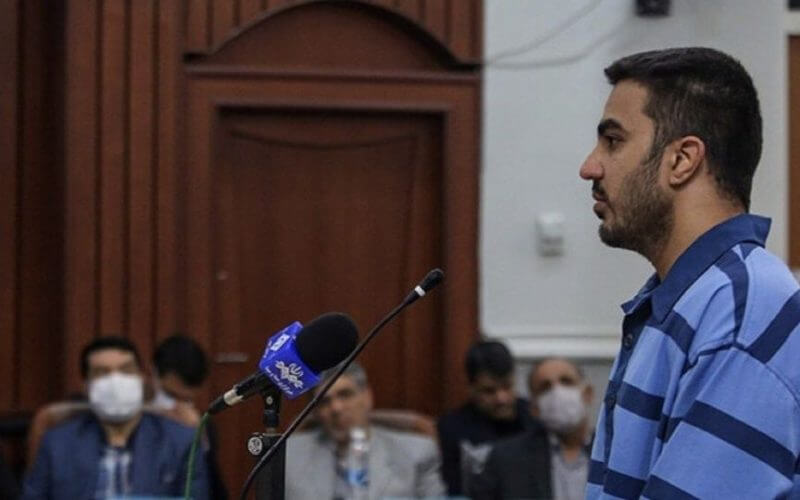Iran’s Judiciary does not allow protesters and dissidents to choose their own lawyers during trials that could even bear the death sentence for the defendants.
According to Iran's laws, those on trial for crimes against national security can only be represented in court by lawyers that have the “endorsement” of the chief justice himself. Almost all dissidents are accused of acting against national security among other crimes, such as insulting the Supreme Leader or unlawful assembly.
The restriction also applies to protesters who have been charged with "corruption on earth" or "waging war against God'' both of which bear a death sentence. Iran's revolutionary courts have sentenced more than 50 protesters to death on such charges since November.
Two protesters who were hanged in December, Mohsen Shekari and Majidreza Rahnavard, were both deprived of the right to choose their own lawyers. They were represented at their trials by court-appointed lawyers. The two young men, apparently, met their attorneys on the day of their trial at court where the lawyers’ role was limited to keeping up appearances of a fair trial.
Iran’s Judicial system, controlled by the Supreme Leader, oversees both judges and prosecutors, while closely coordinating with security and intelligence entities.
Related Story: Iran Executes Person Convicted of Crime in Mahsa Amini Street Protests, Government Rebellion









